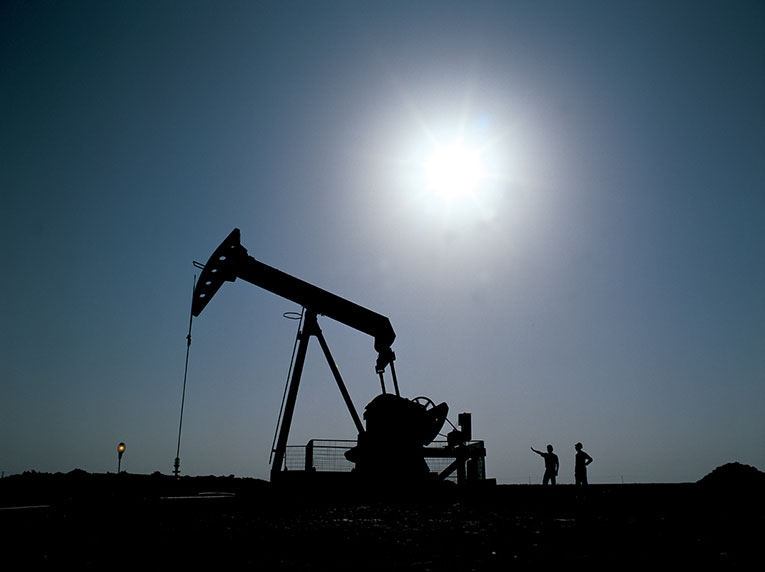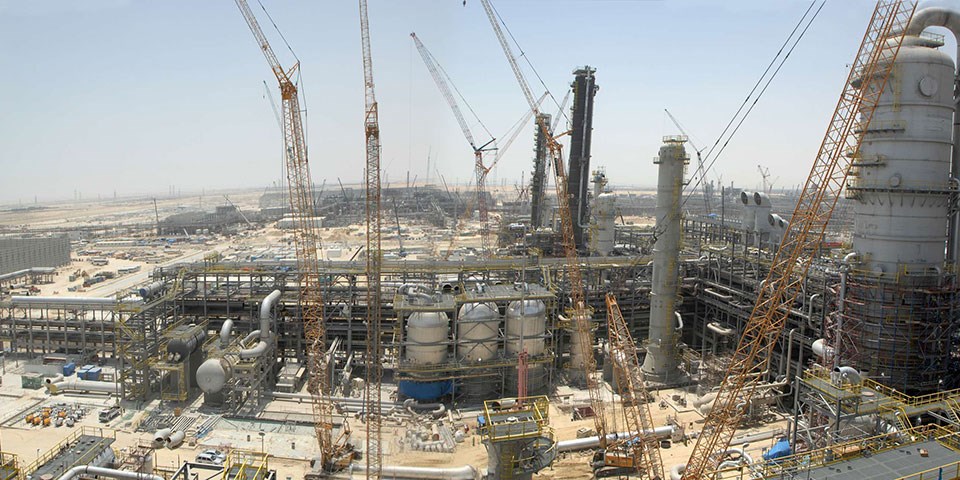At the end of April oil output in OPEC countries reached a record high, largely because of ramped up production in Iraq and Iran.
BP was the first oil company to return to Iraq. Together with PetroChina, BP provides services to the country's largest oilfield, Rumaila, which is expected to boost production by 50% between 2014 and 2020.
Now BP and NOC are reviving the Kirkuk field, although some projects could be uncertain if the government is unable to find enough oil to pay the IOCs.
The lifting of sanctions in Iran will revive the country's oil and gas industry, at least once the fields have been upgraded and a new investment contract for IOCs, promised for July, is in place.
Production is expected to quadruple in Iran's West Quroon, the fourth largest oil field in the world.
Onshore production
In Saudi Arabia, Saudi Aramco has awarded Saipem the contract to expand the onshore production centres at the Khurais, Mazalij and Abu Jifan fields.
Saipem also won the contract to develop the offshore Arabiyah and Hasbah fields.
Saudi Arabia is also planning three gas plants: Fadhili (on-stream in 2019) will process gas from the Khursaniyah on-shore gas field and fuel an adjacent cogeneration plant; the new Shaybah NGL (Natural Gas Liquids) plant will meet increasing demand for petrochemical feedstock by recovering NGL from produced gas; Wasit will process non-associated gas from offshore fields, and will also be able to produce NGL.
Egypt has been very active, offering large contracts to Eni and BOP in 2014.
The largest oilfield is Belayim, discovered by Eni in 2014, whilst the largest gas field, Zohr, was discovered by Eni in September 2015.
In Oman, BP and Oman Oil have agreed to further develop the Kazzan offshore tight gas field. The project was given the go-ahead in 2013, and first gas of phase 1 is expected in 2017.
World's largest gas plant
Further, Saudi Aramco is planning the world's largest industrial gas plant at Jazan, and also the world's largest chemical complex, Sadara, in partnership with the Dow Chemical company.
Other Saudi Aramco ventures include the Petro Rabigh refinery (with Sumitomo Chemical), which will produce naphtha.
Iraq is bristling with projects: the refineries at Basra and Ruwais are to be upgraded whilst another refinery is taking shape at Karbala, 120km south of Baghdad.
Basra will see a new petrochemical plant, Shell's Nibras complex.
Other projects reveal how several countries are looking to use low feedstock prices to diversify their economies.
For example, Kuwait is planning a refinery at Al-Zour that will start up in 2018 or 2019 whilst Egypt is modernizing its MIDOR refinery at Alexandria.
Other examples include Oman where BP's PTA technology is being used for a unit that will be built at Sohar whilst in the nearby UAE, Borouge is about to start operation of its third-phase polyolefins expansion.
Meanwhile Iran is expanding its Siraf refinery to export to Asia, and it is planning 14 fuel production lines at the Lavan oil refinery.



